Optimal Timing for Wall Heating Installation
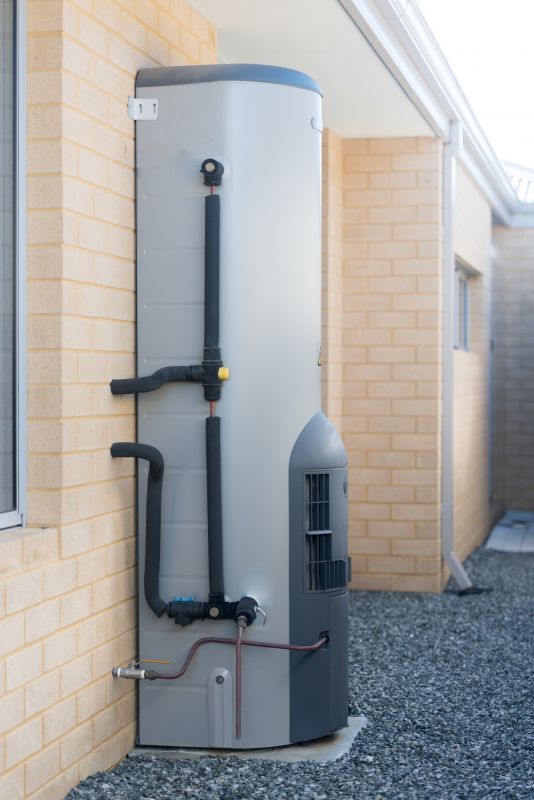
Autumn offers moderate temperatures, making it ideal for installing wall heating systems before the colder months.
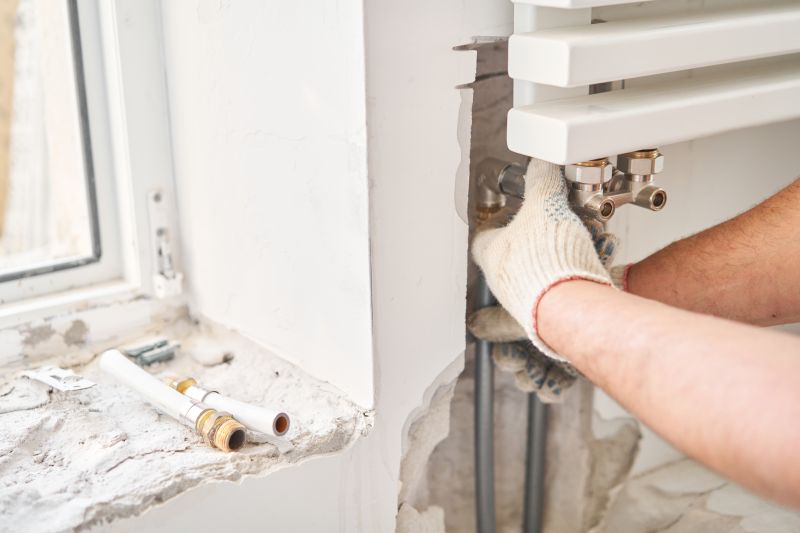
Spring provides milder weather conditions, facilitating installation without extreme heat or cold, and allows for testing before winter.
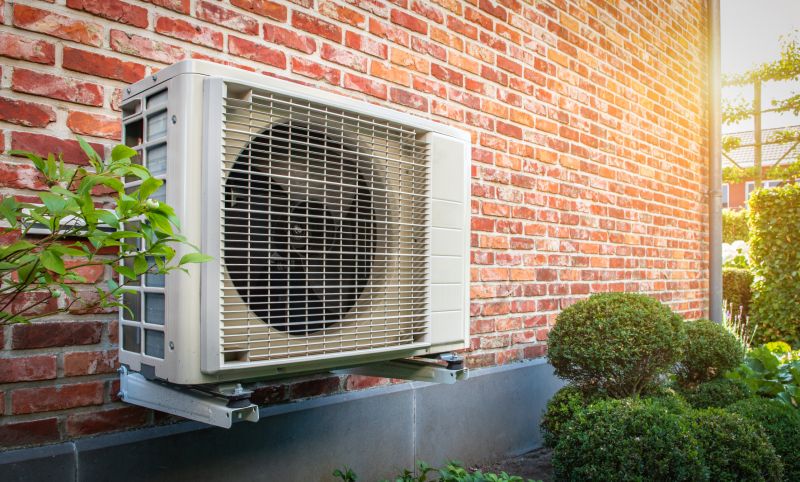
Installing during off-peak seasons can reduce scheduling delays and may lead to cost savings due to lower demand.
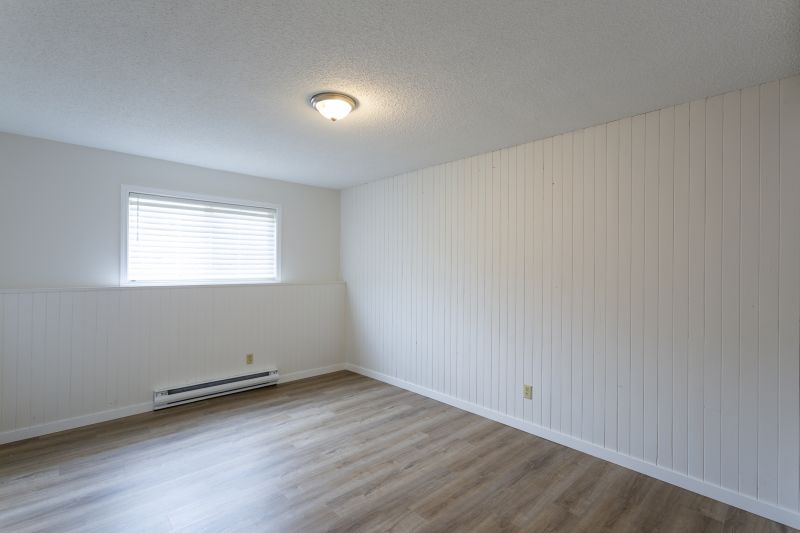
Ways to make Wall Heating Installations work in tight or awkward layouts.
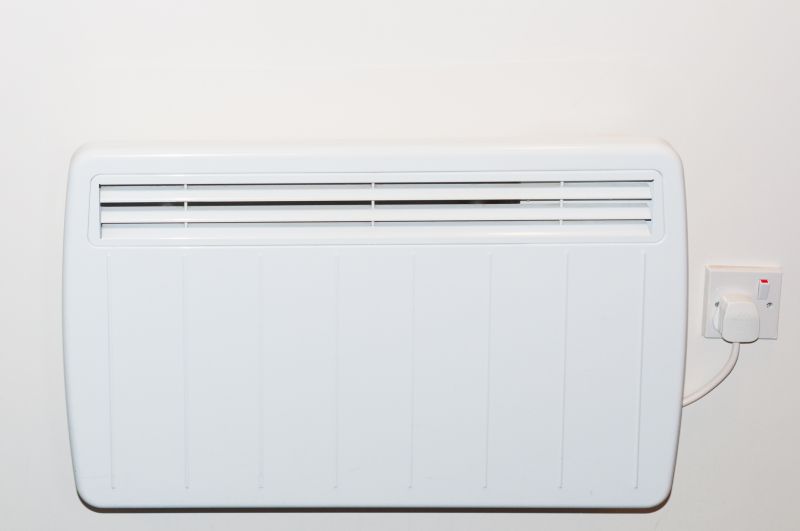
Popular materials for Wall Heating Installations and why they hold up over time.
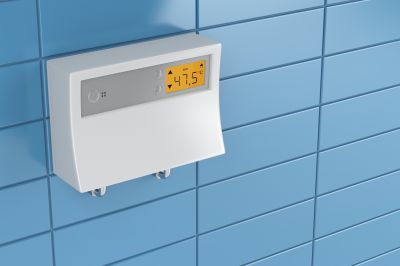
Simple add-ons that improve Wall Heating Installations without blowing the budget.
Wall heating installations are typically most effective when performed during periods of moderate weather. Proper timing ensures optimal setup conditions, reducing the risk of weather-related delays. Installing in transitional seasons like autumn and spring allows for thorough testing and adjustments before the onset of colder weather, ensuring reliable operation when it is needed most.
Statistics indicate that scheduling wall heating installations during these periods can lead to increased efficiency and lower operational costs. Planning ahead during suitable seasons also minimizes disruption to daily routines and allows for better coordination with professional installers.
Installing wall heating systems at the right time can improve performance, reduce energy consumption, and extend system lifespan.
Avoiding extreme cold or heat during installation reduces risks and improves installation quality.
Early installation ensures the system is operational before winter, providing comfort and efficiency.
Off-peak seasons may offer more competitive pricing and scheduling flexibility.
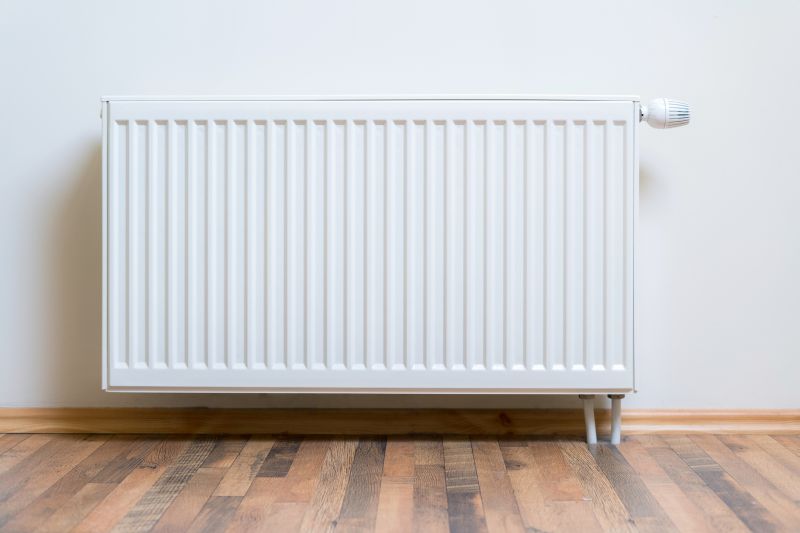
Visual overview of typical wall heating components and installation points.
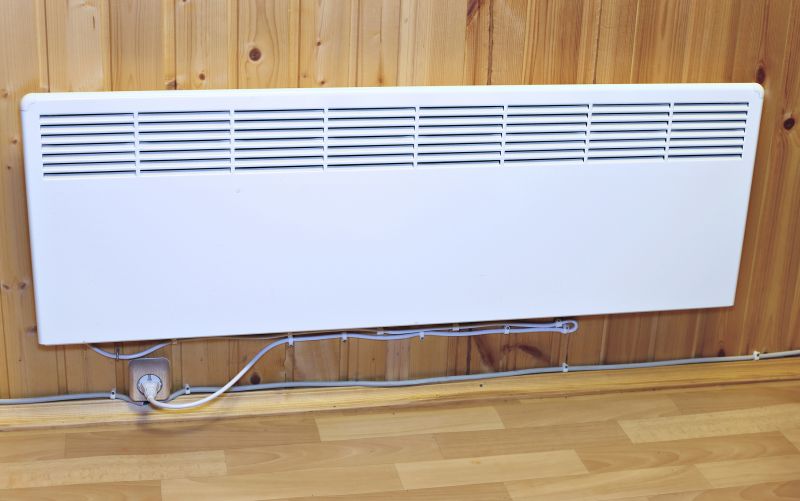
Step-by-step visual guide to wall heating installation.
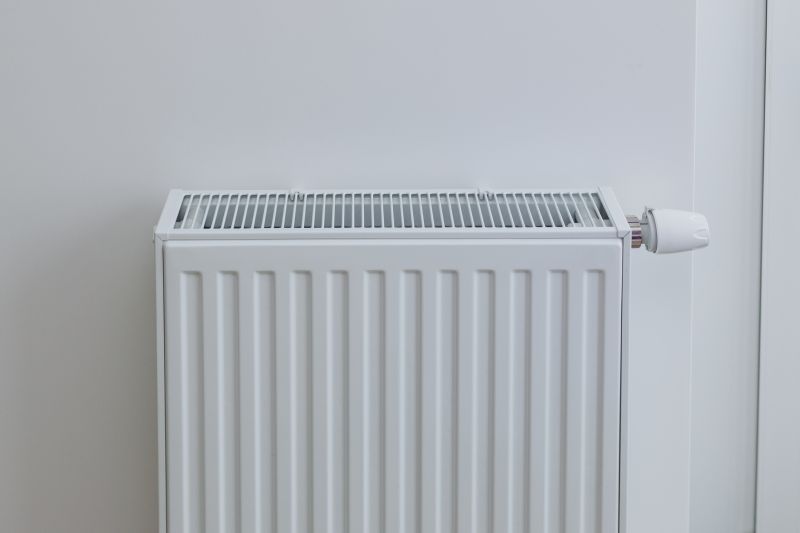
Example of a finished wall heating installation in a modern interior.
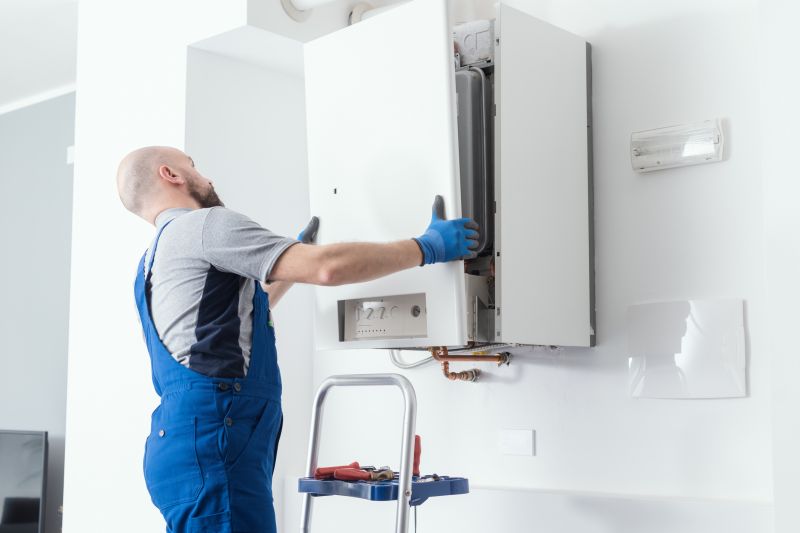
Essential tools required for efficient wall heating system setup.
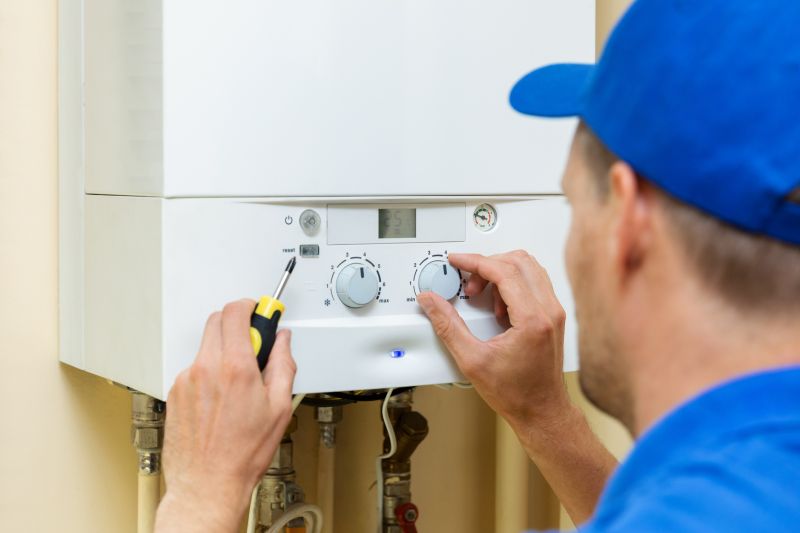
High-end options that actually feel worth it for Wall Heating Installations.
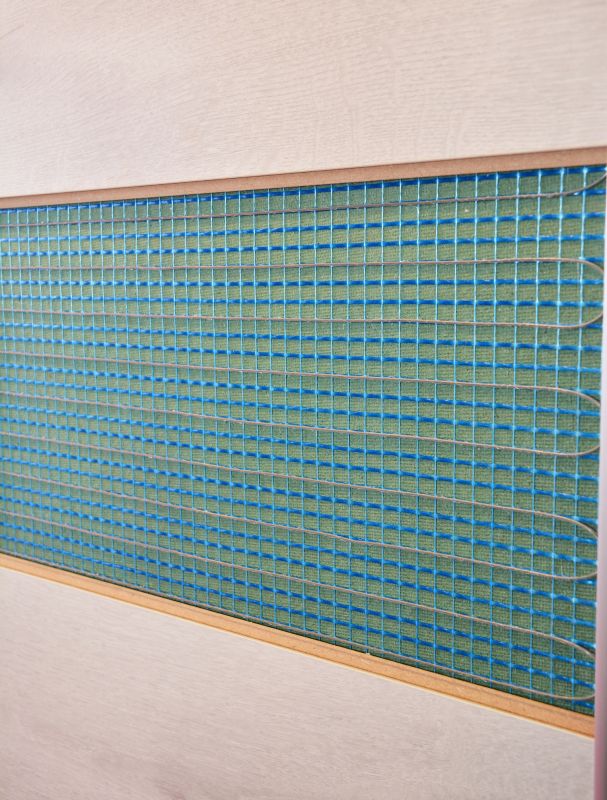
Finishes and colors that play nicely with Wall Heating Installations.
| Season | Optimal Installation Considerations |
|---|---|
| Spring | Mild weather, less disruption, good for testing systems. |
| Summer | Less common, but suitable for early setup in cooler regions. |
| Autumn | Ideal for pre-winter installation, moderate temperatures. |
| Winter | Generally avoided due to extreme cold, potential delays. |
| Off-Peak Seasons | Potential for lower costs and flexible scheduling. |
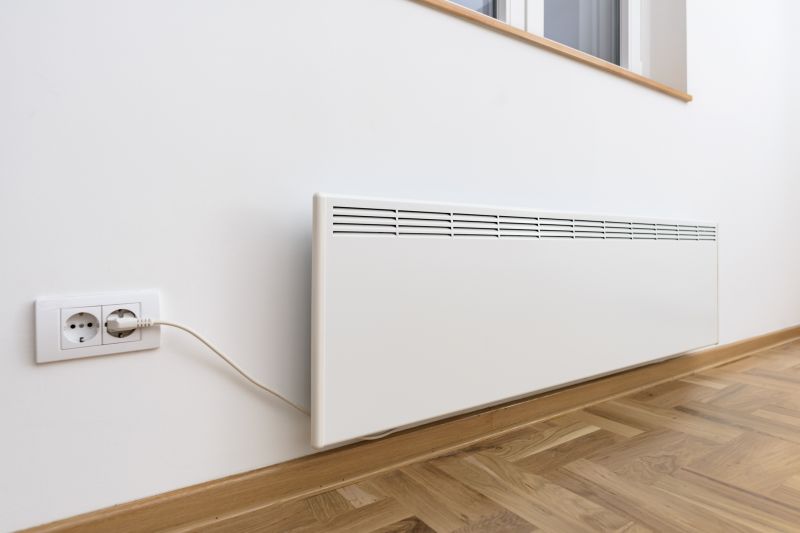
Technicians installing wall heating panels in a residential setting.
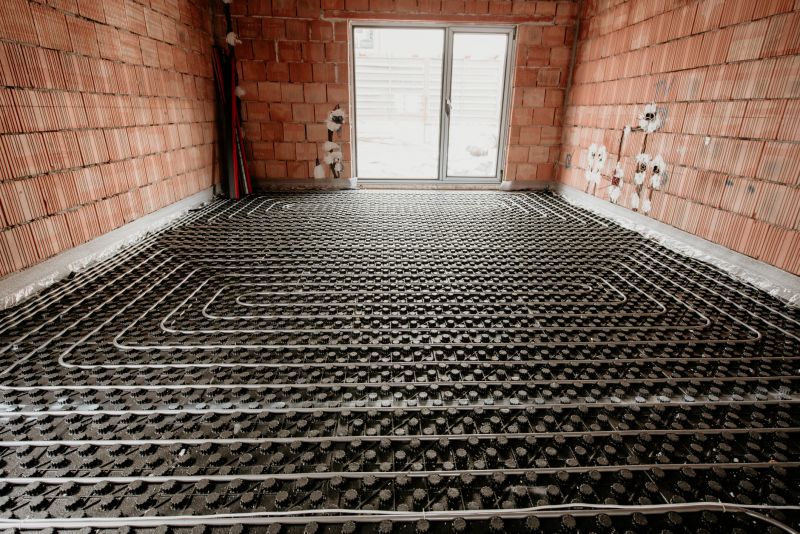
Room showcasing finished wall heating installation integrated into decor.
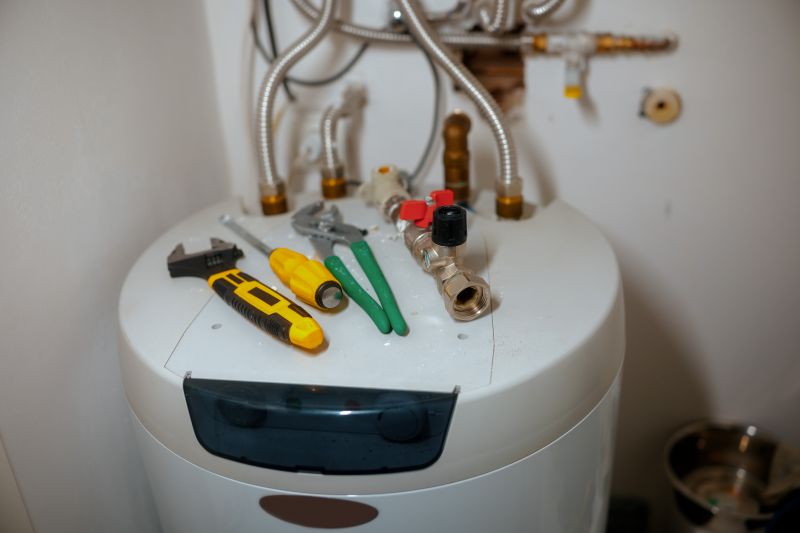
Specialized tools used in wall heating installation process.
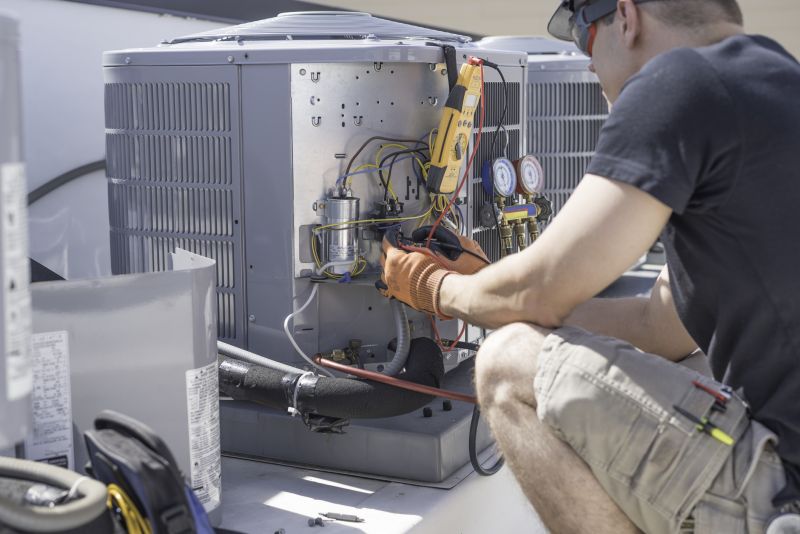
System being tested to ensure proper operation before completion.
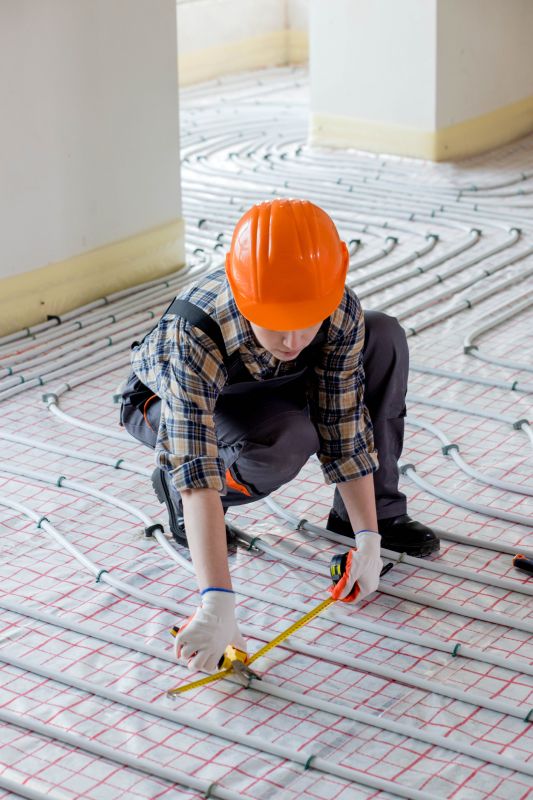
Little measurements that prevent headaches on Wall Heating Installations day.
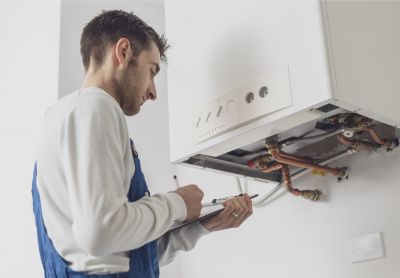
A 60-second routine that keeps Wall Heating Installations looking new.
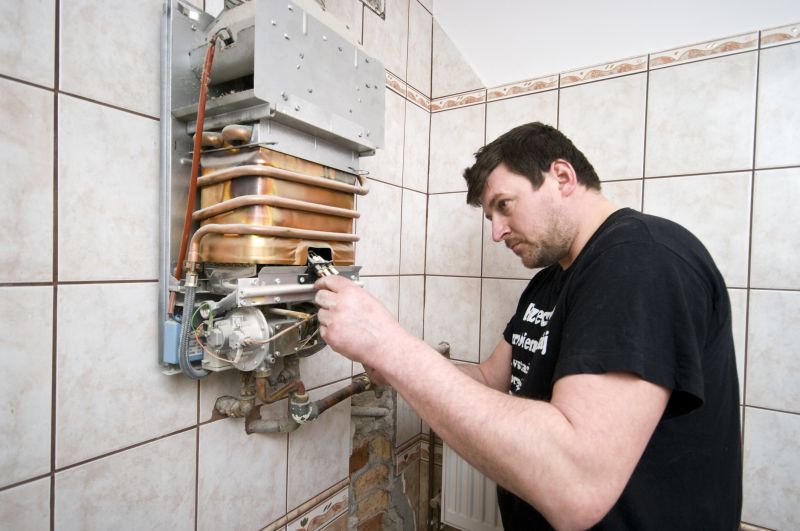
A frequent mistake in Wall Heating Installations and how to dodge it.
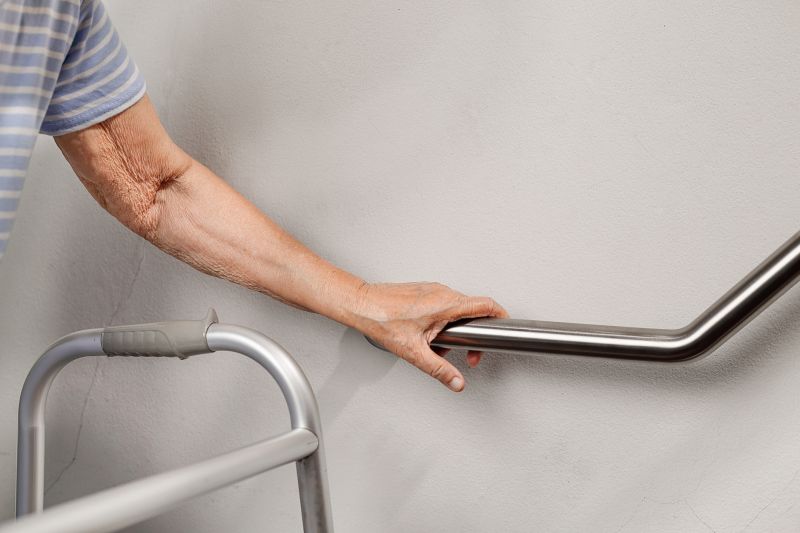
Small tweaks to make Wall Heating Installations safer and easier to use.
Timing for wall heating installations depends on regional climate, project scope, and scheduling availability. Proper planning ensures systems are fully operational before the coldest months, maximizing efficiency and comfort. Consulting with experienced installers can help determine the best period for individual needs.
Early installation during suitable seasons allows for system adjustments and troubleshooting, reducing the likelihood of issues during peak cold periods. It also provides an opportunity to integrate new technology and optimize system performance from the outset.
Interested parties are encouraged to contact for further information or to schedule an installation. Proper timing and professional planning can enhance the effectiveness and longevity of wall heating systems.
